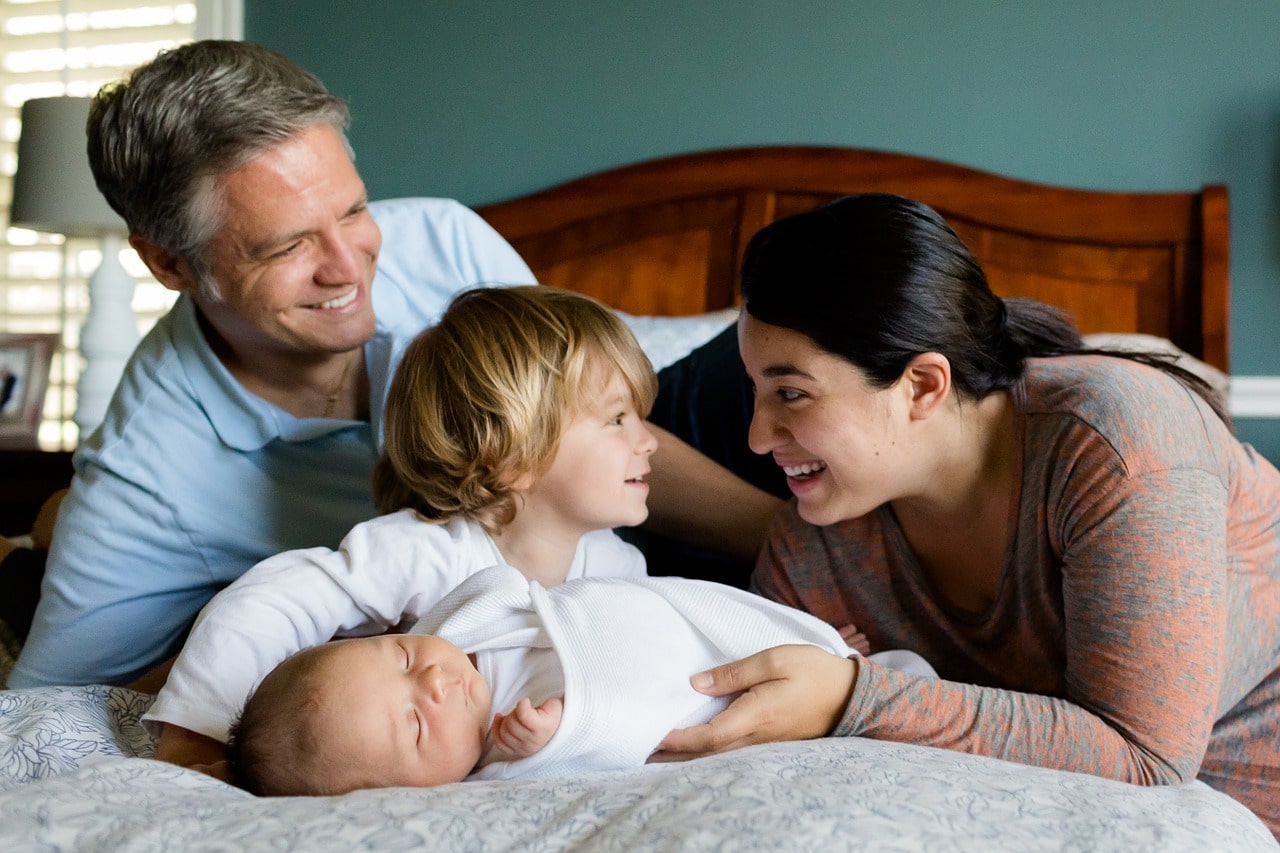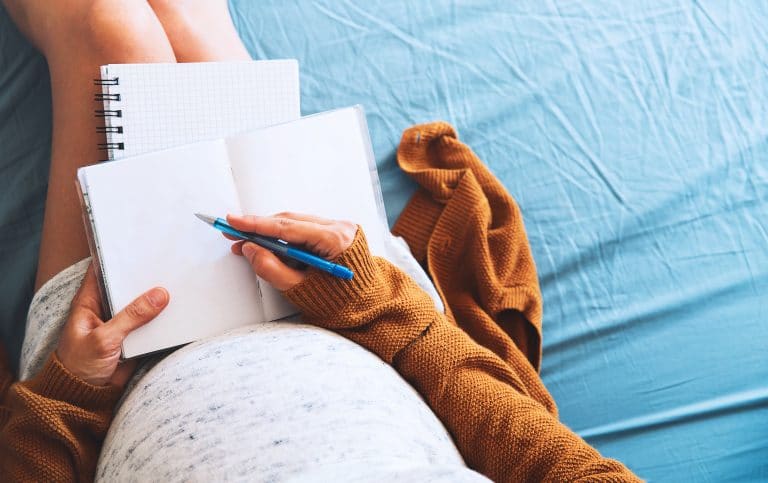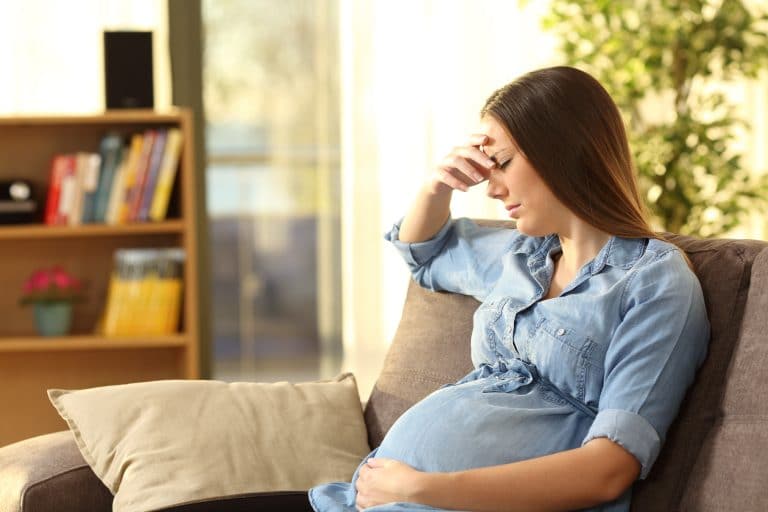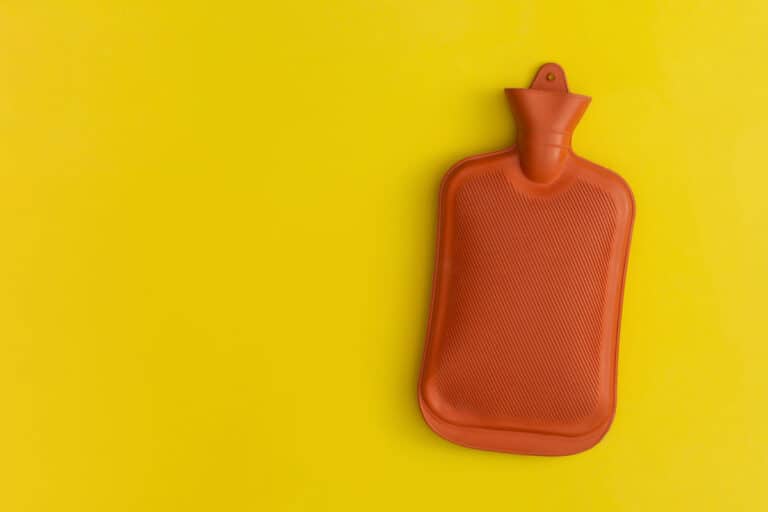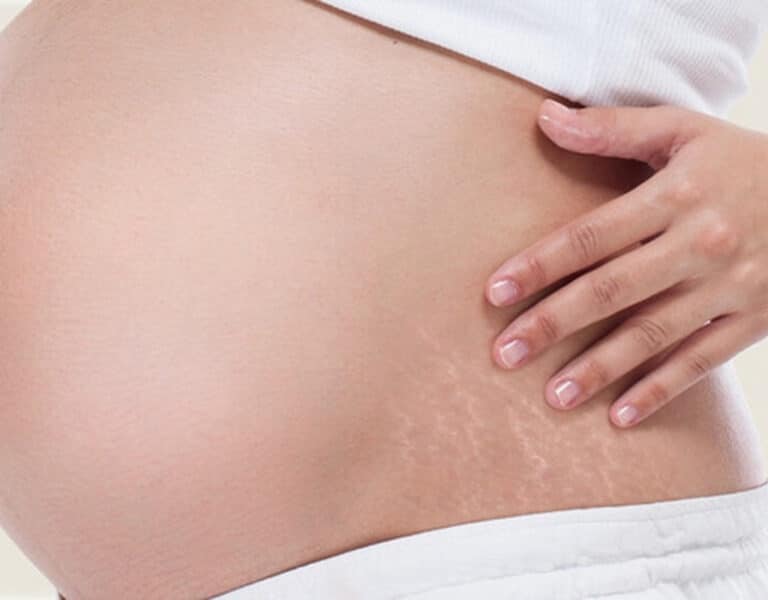First-time parents have so much information thrown at them these days from family, friends and even strangers on the internet. Trying to separate fact from fiction, and scientific evidence from strongly held opinions can be tough. If you’re concerned about all the contrary information out there, read on for the top three safety tips for new parents.
In This Article
Keep The Crib Clear
The American Academy of Pediatrics, an organization of pediatricians dedicated to the health and safety of children, recommends keeping your baby’s crib clear. While there are beautiful sheet sets with duvets and matching bumpers, while there are all the cute stuffed animals you received at the baby shower, the fact is that anything that a baby can’t move is a suffocation risk.
If you search for “baby pillows for 2021,” you’ll certainly come up with plenty of options, but even those websites will remind you that any pillow, from a flat head pillow to a lounger, should only be used while the baby is awake and actively being supervised. Instead, for at least the first year fill the crib only with a mattress that fits snuggly and a fitted sheet that fits the mattress correctly. If you’re concerned your baby won’t be warm enough, invest in heavier sleepwear and maybe a wearable blanket.
Make Sure the Car Seat Is Properly Installed
You’ve taken the time to invest in a new car seat and you would never reuse a car seat after even a moderate crash, so don’t put all that effort to waste by improperly installing it in your vehicle. Car seats are not intuitive and come with instructions that could make an IKEA expert cry.
So, before you even head to the hospital for delivery, practice installing the car seat and then take it to a child seat safety inspection point. These are free spots around your city that will check that the seat is installed correctly. Another option is hiring a certified child passenger safety technician who will come to you to go over the installation with you.
Protect Your Baby From Burns
Even if you’ve childproofed your house, there are some things that required regular vigilance, like burn prevention. Children as young as three months will reach out to grab things. Make sure that instant pots and other electric cooking items are far back on the counter with cords out of reach. Keep stovetop pots and pans with their handles turned back towards the wall. Don’t hold your baby while you’re holding hot coffee or food. Finally, turn down the temperature on your water heater and always check the bathwater before you put a child in hot water.
Of course, for you and your baby, it’s important to make sure there’s a working smoke detector and carbon monoxide detector in each room of your house. Test the batteries at least once a month.
Most babies grow into healthy and active toddlers. Make sure your baby is one of them. You don’t have to cover every furniture corner in styrofoam to prevent accidents. Common sense, following your pediatrician’s guidance and planning ahead can be the steps you need for a safe home.

